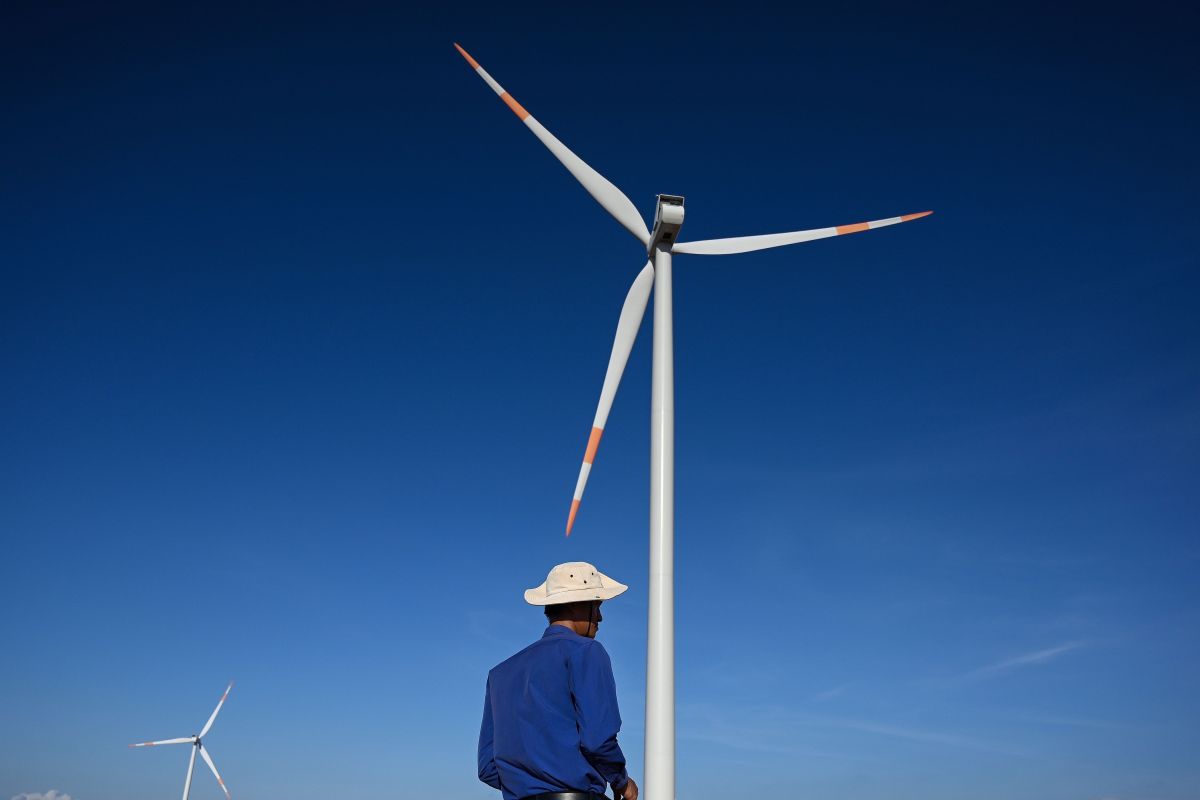Summary:
Hardware startups are key players in combating climate change.
The report identified 50 North American companies across four categories.
Most startups focus on manufacturing and materials, with energy not far behind.
The average startup is 7 years old, raising about $374 million.
Many startups struggle with the commercialization valley of death.
Understanding Climate Tech Startups
What does it take for a startup to impact climate change? A recent report by Congruent Ventures and Silicon Valley Bank sheds light on this question, emphasizing that the most promising candidates are typically hardware startups focusing on energy or raw materials.
The Report Insights
The report surveyed over 50 experts across academia, finance, and private sectors, identifying 50 North American companies in four key categories:
- Agriculture and Food
- Energy
- Buildings and Mobility
- Manufacturing and Materials
Among these, manufacturing and materials startups dominated the list with 18 companies, followed by energy startups with 13. Interestingly, the agriculture and food sector, which significantly contributes to carbon emissions, was underrepresented, indicating ample opportunities for new ventures.
Hardware vs. Software
The report highlights that nearly all selected startups focus on hardware, contrasting with the general preference of VCs for software. This focus is crucial because climate change is a tangible problem that requires physical solutions. As the report notes, software alone cannot address the reliance on fossil fuels.
Startup Metrics
The average age of these startups is 7 years, with an average funding of $374 million. However, this average is influenced by highly funded companies like Commonwealth Fusion Systems and Impossible Foods, which have surpassed $1 billion in funding. The median company, however, has been around for 6 years and raised $114 million.
The Commercialization Challenge
A significant aspect of the report is the commercialization valley of death that many climate tech startups face. While they may prove their technologies, the transition to commercialization often requires substantial investment, which can deter investors. Notably, 28% of the companies have raised less than $50 million, while the same percentage has secured over $500 million.
The Long Road to Maturity
The typical climate tech startup takes longer to mature than conventional software startups. They need to validate their underlying science, which can be a lengthy process, followed by extensive hardware development.
Investment Potential
Despite the risks associated with investing in hardware startups, the potential rewards are significant. The climate tech market, valued at $1 trillion, is projected to double every decade. As climate change becomes an increasing concern, companies positioned to effectively reduce emissions may capture substantial market share, benefitting their investors in the process.








Comments